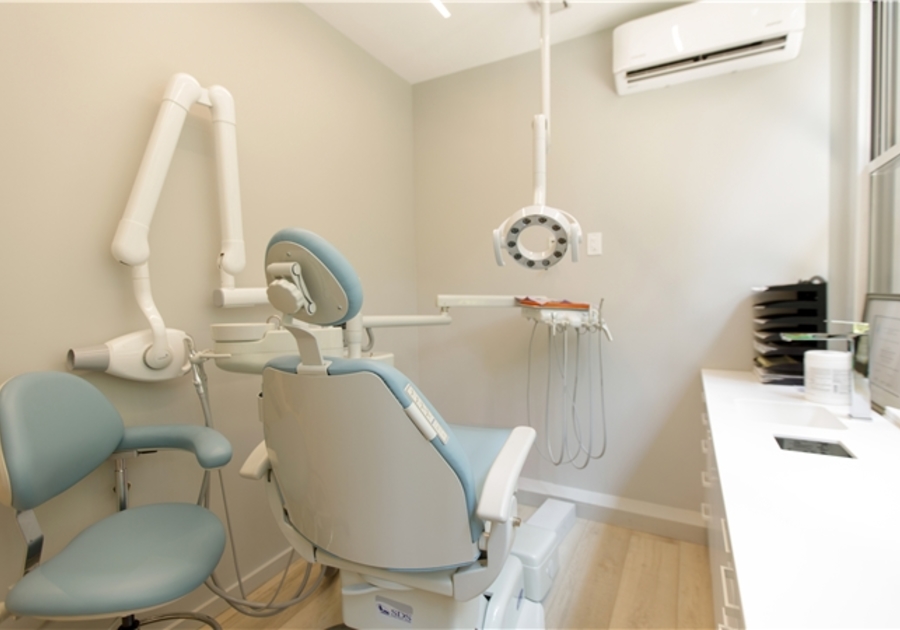Did you know that dental caries, more commonly known as tooth decay, is a chronic infectious disease? In fact, it is the most common chronic childhood disease in the United States, even though it is largely preventable. Research shows that nearly 20% of children in the United States under age five have cavities. Caries is often referred to as a multifactorial disease, meaning there are several factors that contribute to its progression. Understanding how cavities start and grow is crucial in preventing them. Here, I will break down the largest contributors to tooth decay and discuss how you can stay on top of your child's oral health.
At the root of dental caries is a bacteria that lives in your mouth called Streptococcus mutans (or S. mutans for short). S. mutans consumes carbohydrates left in the mouth and produces an acid as a byproduct. This acid erodes enamel, causing it to become weakened and demineralized. Plaque, the biofilm that builds up on teeth, is where S. mutans grows. If plaque is not removed by regular brushing and flossing, it continues to grow thicker, housing more bacteria that could damage the teeth with the acid they produce. As this process continues over time, holes known as cavities begin to develop in the teeth. Removing plaque by brushing and flossing keeps the number of bacteria in the mouth down, reducing the risk for developing cavities.
Since S. mutans feeds on carbohydrates, reducing carbohydrate intake will reduce the activity of the bacteria. It is the frequency, not the quantity, of carbohydrate intake that has the greatest effect on caries development. Therefore, snacking should be limited to no more than three times per day, and overall carbohydrate intake should be limited. This is why using sippy cups filled with juice, sucking on a lollipop, or snacking on goldfish crackers all day can lead to cavities; the prolonged intake of these sugars and carbohydrates is a constant food supply for this bacteria. Acidic foods should also be limited, since acid wears away enamel over time.
S. mutans is a germ that can be spread. Your baby is not born with this bacteria in their mouth, but if a parent or sibling has untreated cavities, it can be transferred to the baby through saliva. This should be kept in mind when sharing utensils and kissing the baby. It is important to make sure all members of the family have their teeth checked and cavities fixed to reduce the likelihood of spreading the bacteria to the baby.
While it may seem difficult to take control of these factors, especially with a busy lifestyle, it is doable. Starting good habits right away with your baby will make it easier to implement them as your child grows. Fluoridated toothpaste and regular dental checkups every six months are also key ways to reduce the chance of your child getting cavities, and you should talk to your dentist about other ways to reduce your child’s risk of getting cavities.
Dr. Roxanna Khajavi is a pediatric dentist, but beyond that, she loves what she does. She believes the first experience any child has in a dental office needs to leave a special mark in their mind and in their hearts. This is the reason she became a dentist. Dr. Khajavi strives to make sure that all her patients have a wonderful experience. She says, “The dentistry part is easy, but making your children laugh and smile while under my care, has never been an obstacle! Our mission is to make sure every child feels like they are surrounded by a team who truly cares about their experience. To us, every patient is more than just a “patient”, each child is family.”
Battery Park Pediatric Dentists proudly provides quality pediatric dental care to the community of New York and surrounding areas. Their office specializes in dentistry for infants, children, and adolescents. Their services include preventative children’s dentistry, oral hygiene and maintenance, management of growth and development, conscious sedation, comprehensive orthodontic treatment and much more. You can read more about them HERE.
Related articles:
 |  |  |
Macaroni Kid Lower Manhattan is the family fun go-to source for the latest and most comprehensive information in our area. Subscribe for FREE today.







